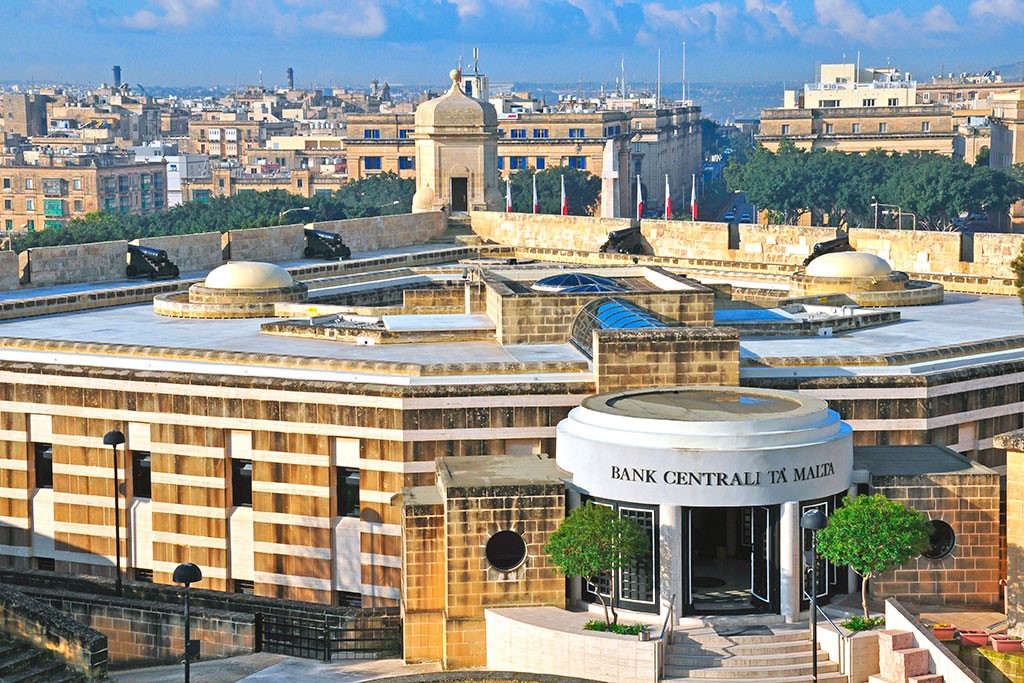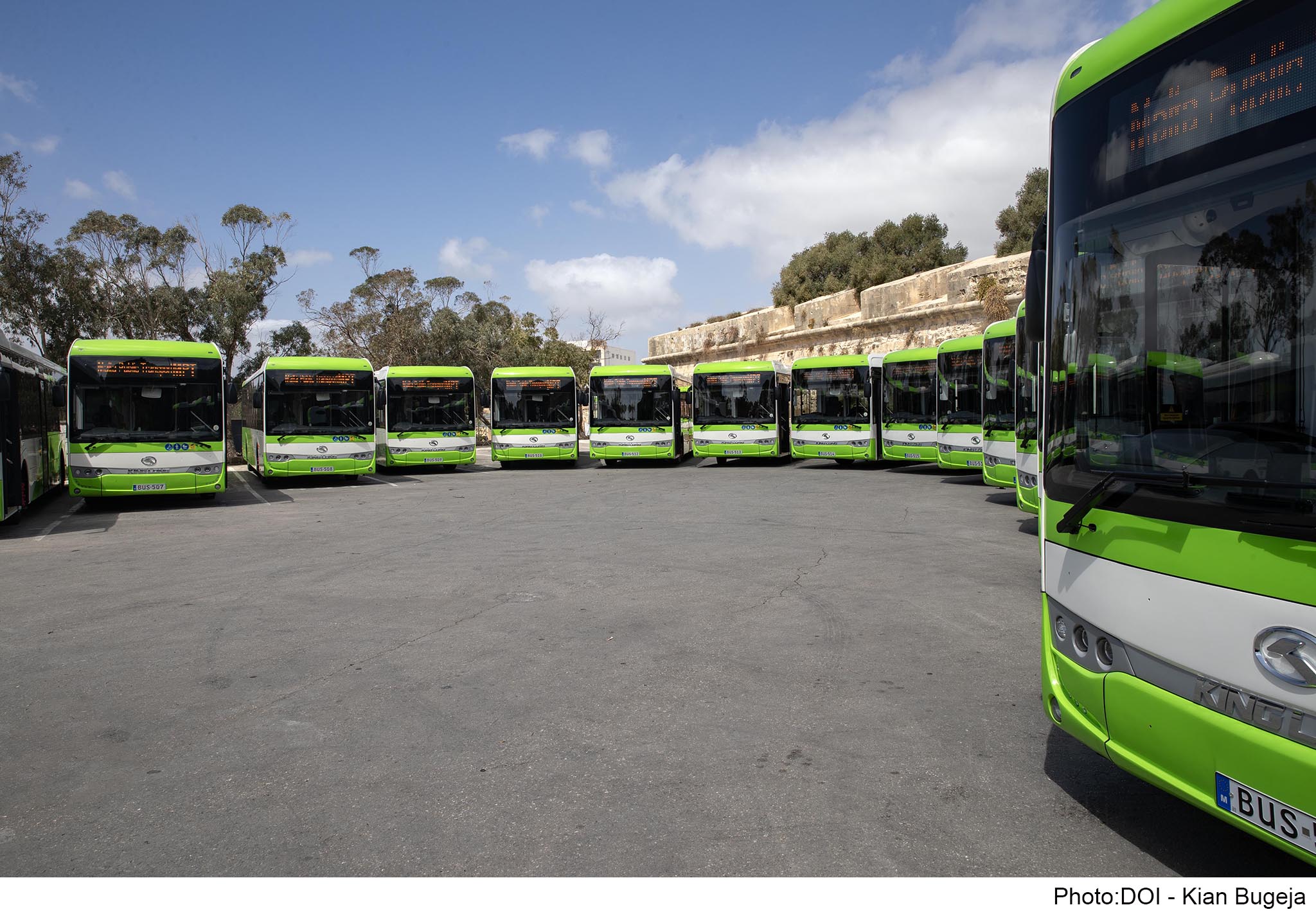The Central Bank of Malta has released its latest economic update, which reports that annual growth in business activity, in September, returned to its long-term average estimated since January 2000.
The European Commission’s Confidence Survey however shows that economic sentiment in Malta edged down further in September when compared with a month earlier, and stood below its long-term average, which is estimated since November 2002. When compared with August, sentiment deteriorated strongly in the services sector and, to a lesser extent in construction. By contrast, it improved significantly in the retail sector, in industry and to a lesser degree among consumers.
Additional survey information shows that compared to August, price expectations increased significantly in industry, but edged down in the remaining sectors.
The European Commission’s Uncertainty Indicator for Malta fell in September, signalling lower uncertainty. Lower uncertainty was recorded in the services sector and among consumers.
In August, industrial production rose at a faster pace in annual terms. Meanwhile, the volume of retail trade increased at a slower rate in year-on-year terms.
The unemployment rate stood at 2.9 per cent in August, unchanged from a month earlier, and the lowest rate on record.
Residential and commercial permits rose in August, relative to their year-ago levels. In September, both the number of promise-of-sale agreements and final deeds of sale declined on a year-on-year basis.
The annual inflation rate based on the Harmonised Index of Consumer Prices (HICP) stood at 7.4 per cent in September, up from seven per cent in the previous month. Inflation based on the Retail Price Index (RPI) also rose, reaching 7.5 per cent in September from seven per cent a month earlier.
In August 2022, the Consolidated Fund recorded a larger surplus when compared with a year earlier, as government expenditure decreased.
Annual growth in residents’ deposits remained strong in August, although it moderated to 7.2 per cent. Meanwhile, annual growth in credit to Maltese residents rose at a faster rate of 8. Per cent.
By the end of the month, 622 facilities were approved and still outstanding in terms of the Malta Development Bank (MDB) COVID-19 Guarantee Scheme, corresponding to total sanctioned amounts of €482.6 million. By August, three loan facilities were approved under a new MDB Subsidised Loans Scheme aimed at importers and wholesalers of wheat and animal feeds, with the total amount of sanctioned lending standing at €15.6 million.
In June, the MDB launched the Liquidity Support Guaranteed Scheme (LSGS) to provide additional liquidity support in response to the Ukraine crisis. This scheme consists of two measures: LSGS-A provides bank financing support to all undertakings affected by the crisis, while LSGS-B is specific to fuel and oil importers. No facilities were approved by August.
Unpacking Malta’s new American-style bankruptcy framework
The EU is reforming its insolvency rules to adopt some of the most beneficial elements of the US framework
More than half of all workplace deaths in last two years involved construction
No women died on the job in 2022 and 2023
Government shells out close to €70 million to national bus operator Malta Public Transport in 2023
Buses became free for residents in late 2022, leading to a hefty increase in the public subsidy






